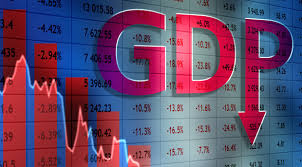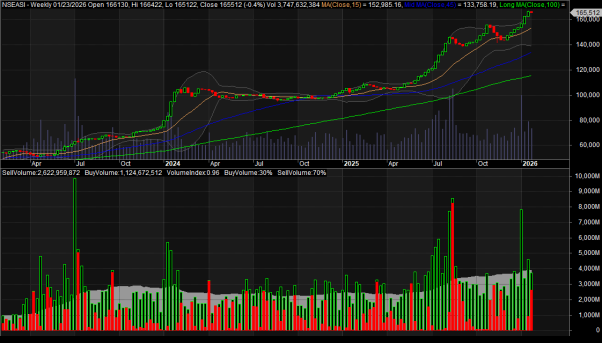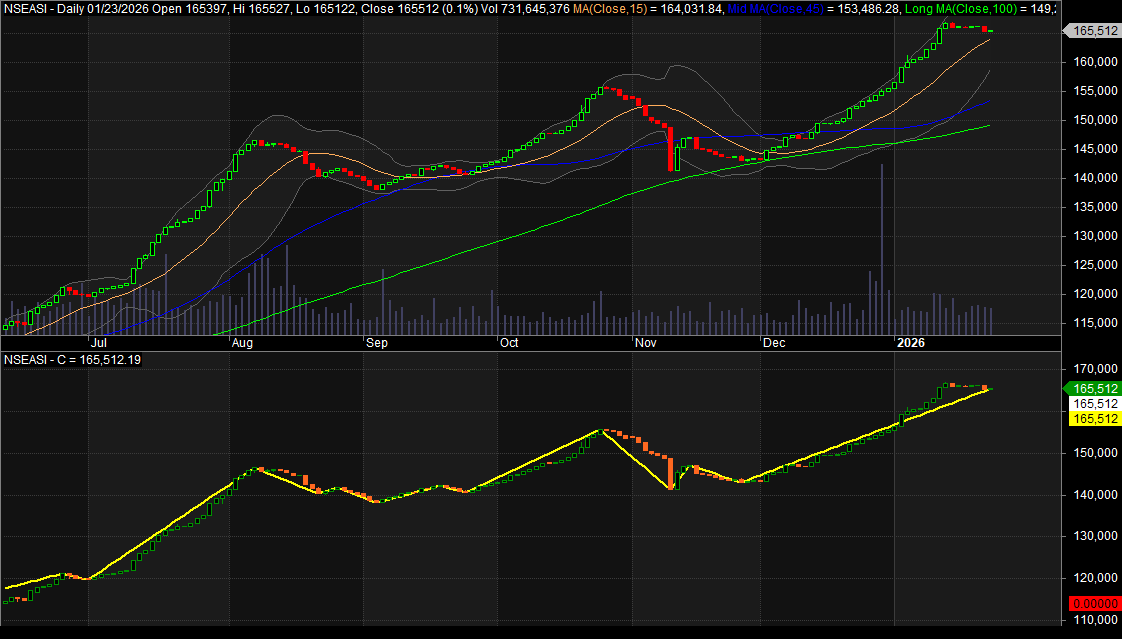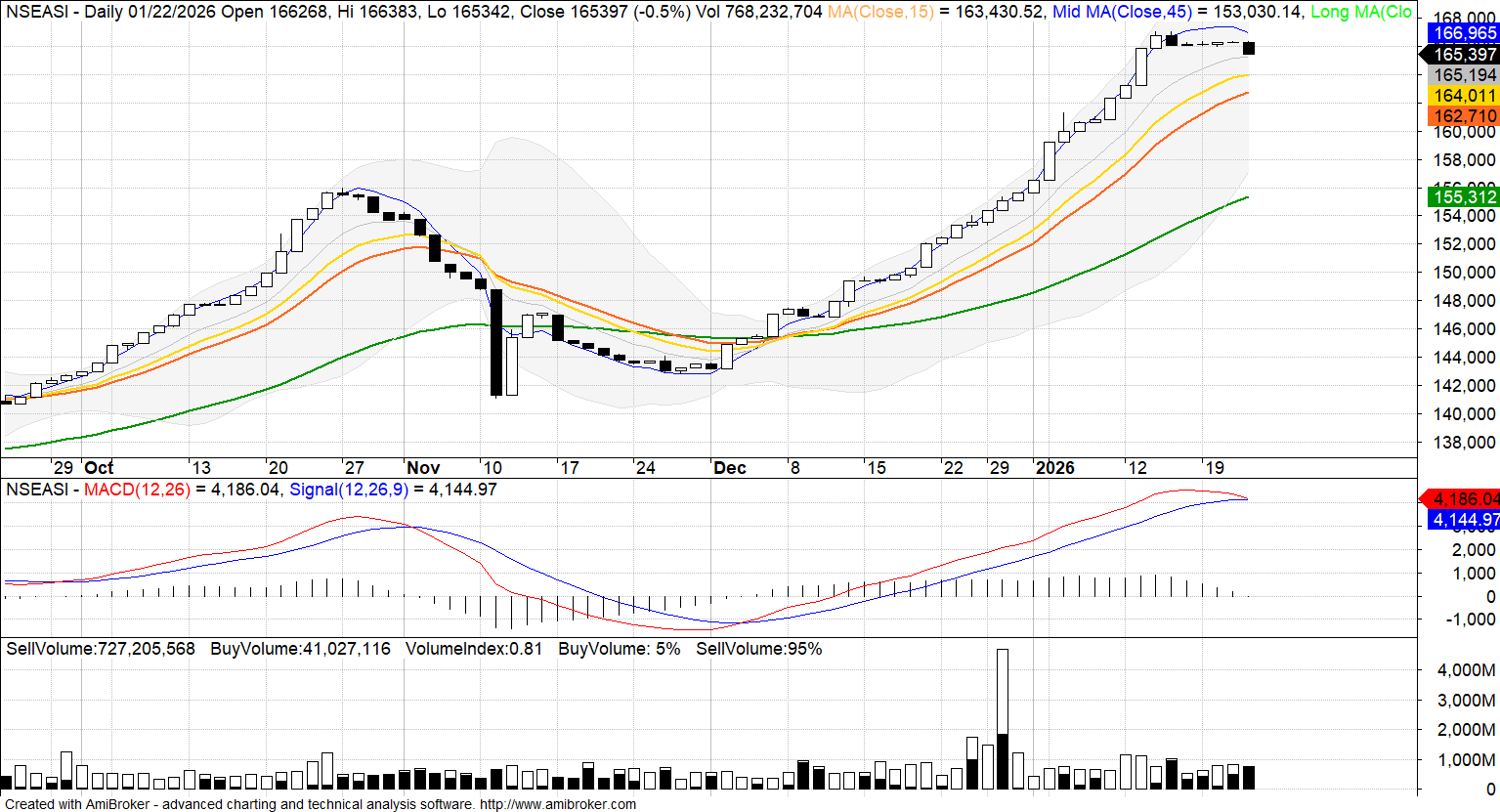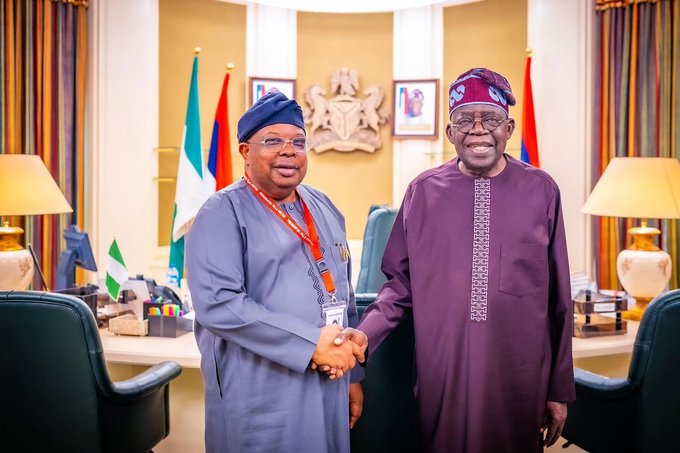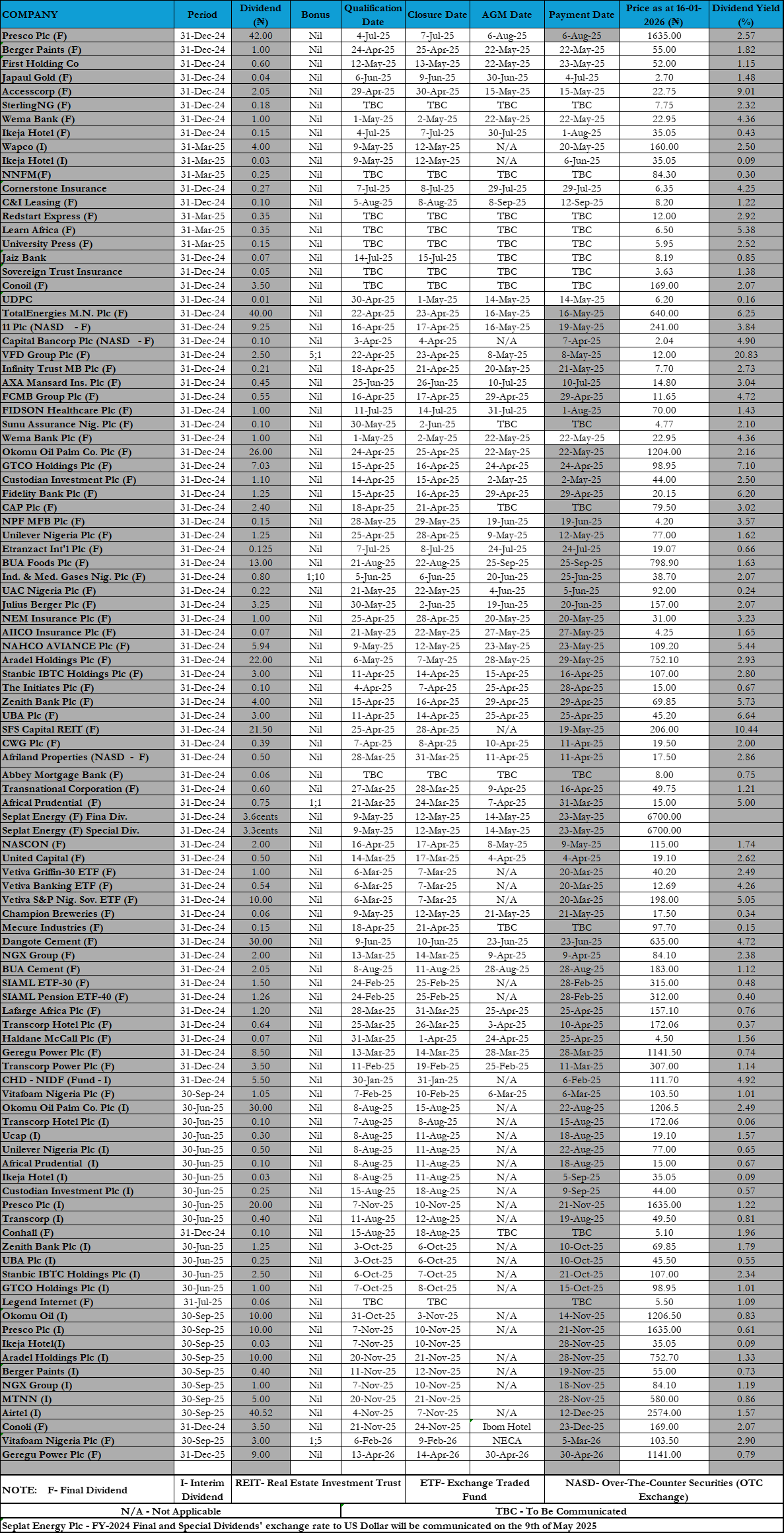
- Poised For 3.4% Rebound This Year
- Continent Needs Sabilization Mechanism, Says Adesina
President of the African Development Bank, Dr. Akinwumi Adesina, on Tuesday, launched the 2021 edition of the group’s annual African Economic Outlook, which estimates that the continent’s Gross Domestic Product (GDP) contracted 2.1% in 2020, the first recession in half a century.
The situation, is however, expected to improving significantly, with the GDP projected to grow by 3.4% in 2021, even as the report estimates that African governments will require additional gross financing of about $154bn in 2020/21 to respond to the novel Coronavirus (COVID-19) pandemic.
As a sustainable way out of the recession, Adesina urged African governments to fashion a quick and comprehensive plan for debt restructuring, in the face of the continent’s budding collective debts now estimated at 70% of the continent’s Gross Domestic Product.
The share of commercial creditors in Africa’s external debt stock, the outlook the bank warned, has more than doubled in the last two decades, from 17% in 2000 to 40% by the end of 2019.
Adesina then presented the proposed African Financial Stabilization Mechanism, strongly supported by Stiglitz, as a critically needed solution that would allow African countries to agree on a set of convergent macroeconomic policies and principles and pool funds.
Adesina further stressed that “this will allow us to “deal with the cause of the illness and not always the symptoms.”
There is also hope, he said, in the form of new special drawing rights, potentially $500bn, that the International Monetary Fund could issue, in accordance with the G20’s recommendation at the end of February.
Such a financial stabilization mechanism, he believes, will allow for the much needed fiscal space to deal with the soaring debt profile.
Continuing, Adesina said: “it is high time that we set up a homegrown financial stability mechanism where we work together to mutualize our funds and ensure we avoid the spillover effects that come from global pandemics or any external shocks.
“We must start by making sure that we carry out the macroeconomic policy reforms and the fiscal policy reforms that we need to get done,” he said, adding that Africa “is not looking for a free pass. We are just looking for an equitable way in which Africa’s fiscal space gets dealt with,” he added.
This idea, according to the statement by Richard Uku, of the group’s Communication and External Relations Department, was backed by Stiglitz, who proposed an international debt framework.
“That’s a question I’ve been very concerned with for a long time,” said Stiglitz. “You need debt restructuring, and that needs to be really high on the international agenda. Every country has bankruptcy laws but there’s no bankruptcy law for international debt. When there’s too much debt, it’s as much the creditor’s problem as the debtor’s problem.”
What needs to be done with debt, Stiglitz explained, “is comprehensive and quick restructuring. We don’t want to fall into the trap of doing too little, too late.”
Stiglitz’s proposal calls for an international debt framework that includes the private sector, given its growing role as a source of government debt.
Adesina said these funds will “go a long way” to stabilizing foreign reserves and the exchange rate, allowing countries to handle debt and re-engage in massive pro-growth investments that will help them to quickly recover from the Covid-19 pandemic.



